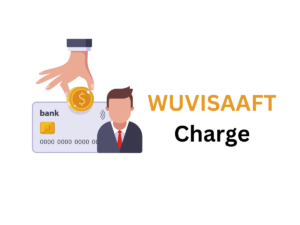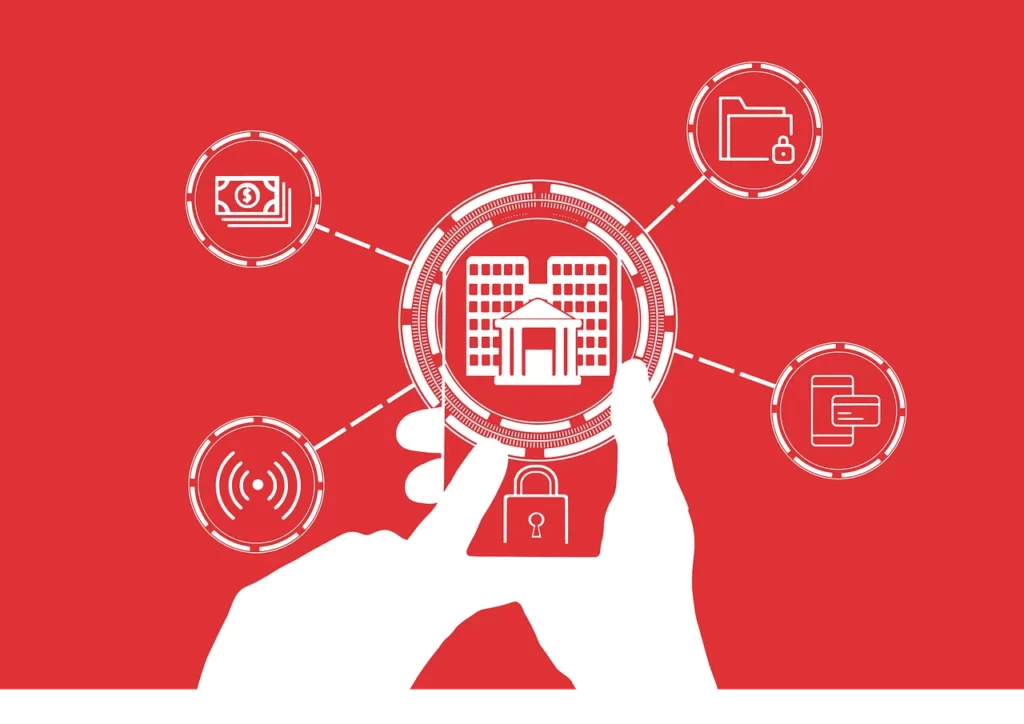If you’ve recently checked your bank statement and noticed a charge labeled “WUVISAAFT,” you may be wondering what it is and where it came from. This unfamiliar charge can be confusing and even concerning, but fear not, as we are here to explain everything you need to know about the WUVISAAFT charge on your bank statement.
Read to know GPC EFT Mean on a Bank Statement.
What is the WUVISAAFT Charge?
First and foremost, WUVISAAFT stands for “Western Union Visa Acquirer Fee Transaction.” This charge is associated with Western Union, a well-known and trusted money transfer service that allows individuals to send and receive money globally. The WUVISAAFT charge is a fee that is applied to transactions made through Western Union using a Visa card.

Now that we know what the charge stands for let’s dive deeper into what it means and why it appears on your bank statement. When you make a transaction through Western Union using your Visa card, the company incurs a fee from Visa for processing the transaction. This fee is then passed on to the customer in the form of the WUVISAAFT charge. In simpler terms, this charge is a processing fee for using Western Union with your Visa card.
It’s important to note that this charge is not a scam or fraudulent activity. It is a legitimate fee that is disclosed in Western Union’s terms and conditions. However, it may come as a surprise to some customers who are not aware of this fee or have not used Western Union before.
Why does Western Union charge this fee?
The company states that it is necessary to cover the costs associated with processing transactions and maintaining its global network. Western Union has a vast network of agents and partners worldwide, and this fee helps to ensure that they can continue to provide their services efficiently and securely.
Now that we understand what the WUVISAAFT charge is and why it appears on our bank statements let’s discuss some common questions and concerns that customers may have.
Is the WUVISAAFT charge the same for all transactions?
No, the WUVISAAFT charge may vary depending on the amount of the transaction and the country it is being sent to. Western Union’s website states that the fee can range from $0.50 to $10, but it is typically around 1% of the total transaction amount.
Can I avoid the WUVISAAFT charge?
Unfortunately, there is no way to avoid this charge if you are using Western Union with your Visa card. However, you can choose to use a different payment method, such as a bank transfer or cash, to avoid incurring this fee.
Is the WUVISAAFT charge refundable?
In most cases, the WUVISAAFT charge is non-refundable. However, if there was an error with your transaction or you were charged multiple times for the same transaction, you can contact Western Union’s customer service for assistance.

Is Western Union the only money transfer service that charges this fee?
No, other money transfer services may also charge a similar fee for using a Visa card. It’s always best to check the terms and conditions of any money transfer service before making a transaction to understand any potential fees that may be applied.
What should I do if I don’t recognize the WUVISAAFT charge on my bank statement?
Suppose you do not remember making a transaction through Western Union or do not recognize the charge. In that case, it’s best to contact your bank and Western Union’s customer service for further investigation. The charge may be a mistake or fraudulent activity, so it’s important to address it promptly.
Conclusion
In conclusion, the WUVISAAFT charge on your bank statement is a legitimate fee associated with using Western Union with your Visa card. It is necessary to cover the costs of processing transactions and maintaining their global network. While it may come as a surprise to some customers, it is disclosed in Western Union’s terms and conditions. If you have any further questions or concerns about this charge, don’t hesitate to reach out to Western Union’s customer service for assistance.
